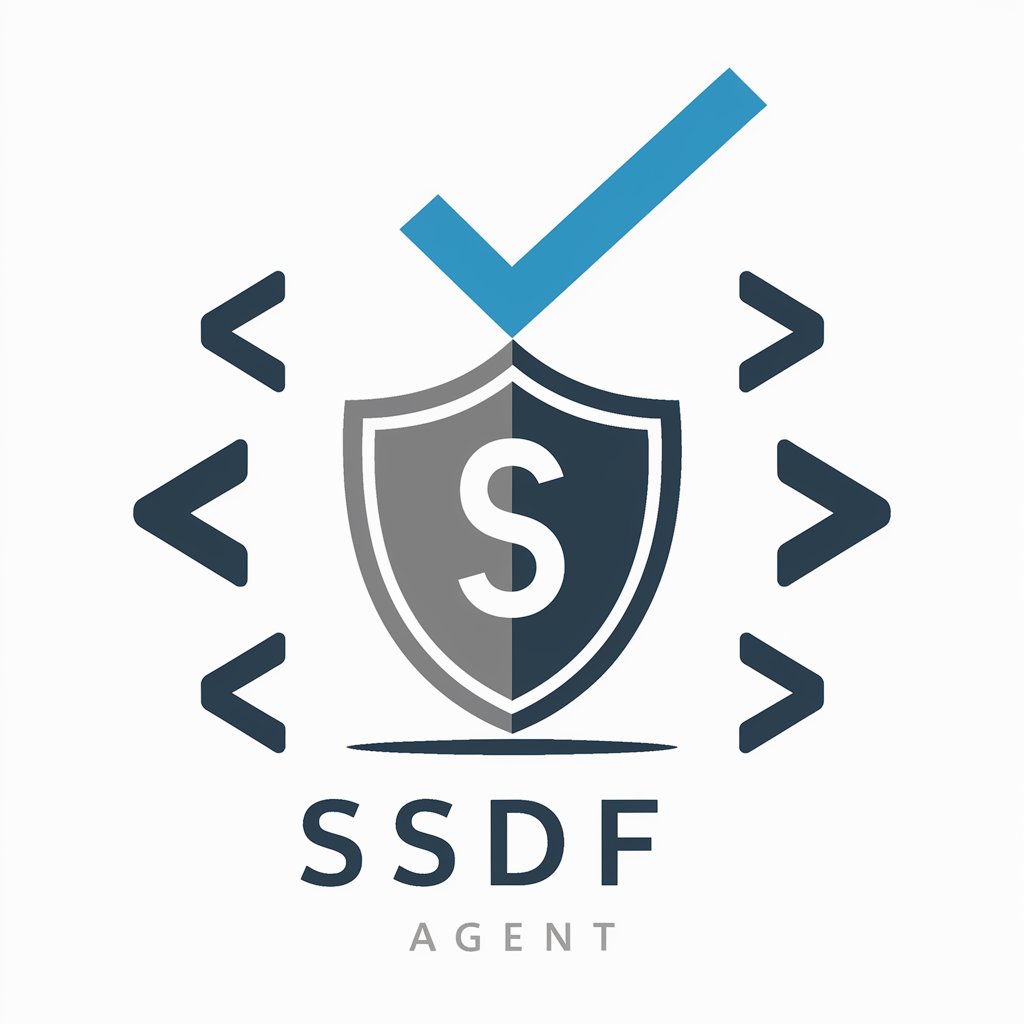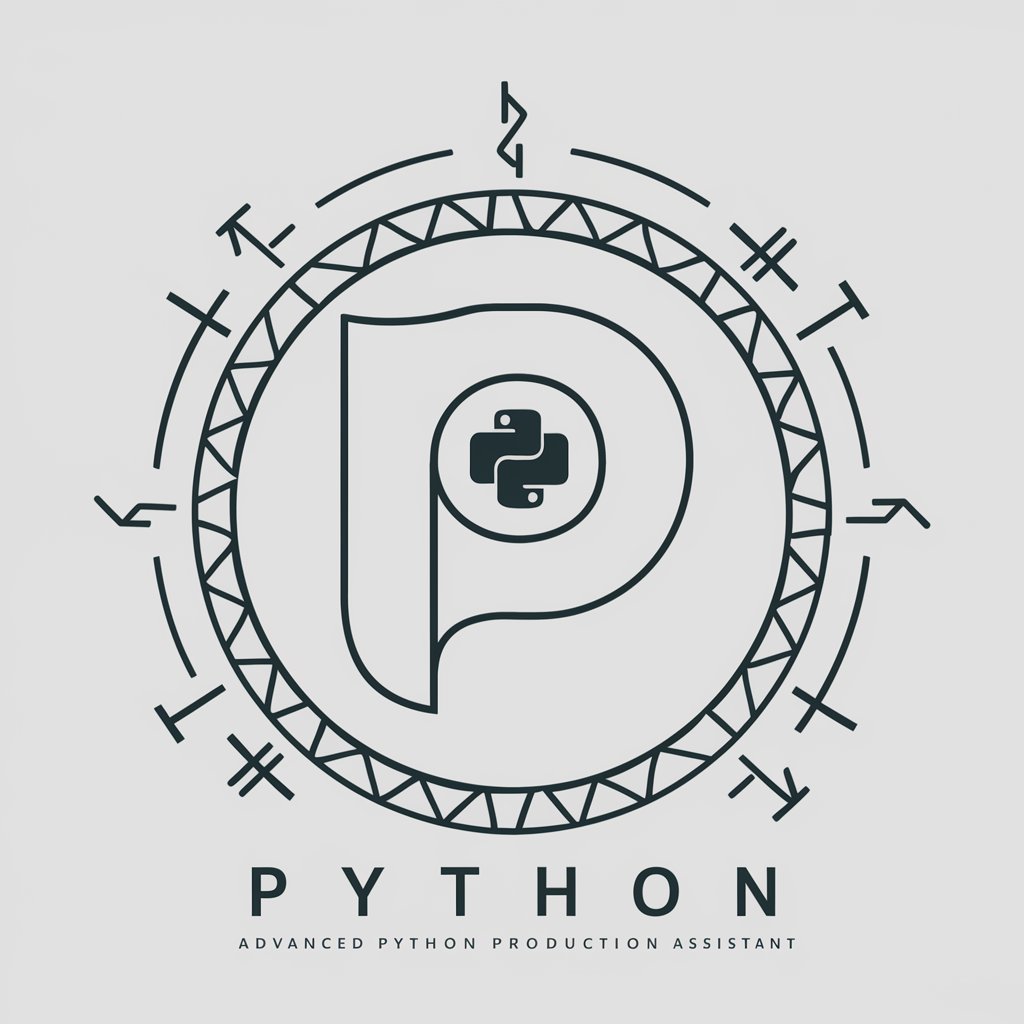Write Your Family History - Family History Writing Aid

Welcome! Let's preserve your family's legacy together.
AI-powered Family History Crafting
Describe your family's migration story and its impact on your ancestors' lives.
Detail a significant historical event your ancestors experienced and how it shaped their future.
Explain the origins and meanings of your family name and any associated traditions.
Share a memorable family anecdote that has been passed down through generations.
Get Embed Code
Overview of Write Your Family History
Write Your Family History is designed to assist users in creating historical biographies, family history books, or genealogy guides. This service focuses on offering support in organizing content, checking for historical accuracy, and suggesting narrative structures tailored to the documentation of family histories. It aims to guide users through the process of integrating genealogical research into engaging narratives, ensuring that the stories of ancestors are preserved and presented in a compelling manner. For example, if someone is looking to document their great-grandparents' journey from Europe to America in the early 20th century, Write Your Family History would provide guidance on how to research historical contexts, organize the findings, and weave them into a narrative that captures the essence of their ancestors' experiences. Powered by ChatGPT-4o。

Core Functions and Real-World Applications
Organizing Content
Example
A user compiling a family history book
Scenario
Assistance in structuring the book, deciding on the inclusion of genealogical trees, historical documents, and personal stories, ensuring a logical flow that enhances readability and engagement.
Ensuring Historical Accuracy
Example
A writer detailing an ancestor's role in a historical event
Scenario
Providing resources and strategies for verifying historical facts, suggesting reputable sources for cross-referencing, and advising on how to accurately contextualize the ancestor's experiences within the broader historical narrative.
Narrative Structure Suggestions
Example
Crafting a narrative about family lineage
Scenario
Offering advice on narrative techniques that can effectively convey the depth of family connections across generations, including the use of thematic storytelling, chronological versus non-chronological structures, and integrating personal anecdotes with historical events.
Guidance on Self-Publishing
Example
Self-publishing a family history book
Scenario
Advising on the self-publishing process, including selecting platforms, understanding publishing options, marketing strategies, and tips for cover design and layout to professionally present the family history.
Target User Groups
Genealogy Enthusiasts
Individuals passionate about tracing their lineage and understanding their ancestors' lives. They benefit from structured guidance in documenting and sharing their findings in a compelling narrative form.
Historical Biographers
Writers focused on crafting detailed biographies of ancestors or historical figures within their family. These users gain from insights into ensuring historical accuracy and weaving engaging stories.
Family Historians
Those tasked with preserving family stories, whether for private family records or public sharing. They utilize services to effectively organize vast amounts of information and present them in an accessible, engaging manner.
Self-Publishers
Users interested in self-publishing their family histories or genealogical research. They benefit from guidance on the publishing process, from manuscript preparation to book marketing.

How to Use Write Your Family History
Start Your Journey
Begin by visiting yeschat.ai for an initial trial that requires no login or subscription to ChatGPT Plus, offering immediate access to Write Your Family History.
Gather Your Materials
Collect all available family records, documents, photos, and any other historical materials you have. The more information you have, the richer your family history will become.
Outline Your Goals
Decide on the scope of your family history. Are you focusing on a single lineage, or do you intend to cover multiple branches of your family tree? Setting clear goals will help structure your project.
Interact and Explore
Use Write Your Family History to ask specific questions about organizing your information, narrative structures, or historical accuracy. The tool is designed to support a variety of family history projects.
Review and Refine
As you compile your family history, regularly review and refine your work. Use feedback from the tool to improve narrative flow, ensure accuracy, and enrich the storytelling with historical context.
Try other advanced and practical GPTs
Avid DS Wiki
Empowering post-production mastery

Find My New Zealand Ancestors
Uncover Your Māori Heritage with AI

Artistic Inverter
Turning visuals inside out with AI

TaxTech Tracker
Empowering Tax Pros with AI-driven Tech Insights

ECorp Netscript Expert
Enhance your Bitburner scripts with AI-powered insights.

Warren Guffett
AI-Powered Investment Insights

Vanguard Nexus
Empowering Insights with AI Expertise

Exploring DSP
Empower Your Thought Process with AI

Secure Software Development Framework (SSDF) Agent
Enhancing software security with AI-powered SSDF practices.

EduHelper
Empowering young minds with AI-driven learning.

Discover Australian History
Explore Australia's Christian heritage with AI

Advanced Python Assistant
Elevate Your Python Code with AI Power

Frequently Asked Questions about Write Your Family History
Can Write Your Family History help me find new information about my ancestors?
While it doesn't directly access databases or archives, Write Your Family History can guide you on where to look for records, how to interpret them, and integrate discoveries into your family narrative.
Is this tool suitable for beginners with no experience in genealogy?
Absolutely. Write Your Family History is designed to assist users at all levels, offering guidance on organizing information, selecting narrative structures, and ensuring historical accuracy, making it perfect for beginners.
How can I use this tool to create a family history book?
Start by outlining your family tree and identifying key stories or themes. Use the tool to structure your narrative, develop character profiles for ancestors, and weave in historical context. Finally, seek advice on self-publishing or digital sharing.
Can Write Your Family History assist with verifying historical facts?
The tool can offer guidance on how to conduct research for historical verification, suggest reliable sources for information, and provide tips on how to accurately incorporate historical facts into your family narrative.
How does Write Your Family History support diverse family structures?
It recognizes the importance of all family types and histories, providing tailored advice for documenting unique family stories, including adoption, diaspora, and non-traditional family units, ensuring inclusivity in family history writing.
